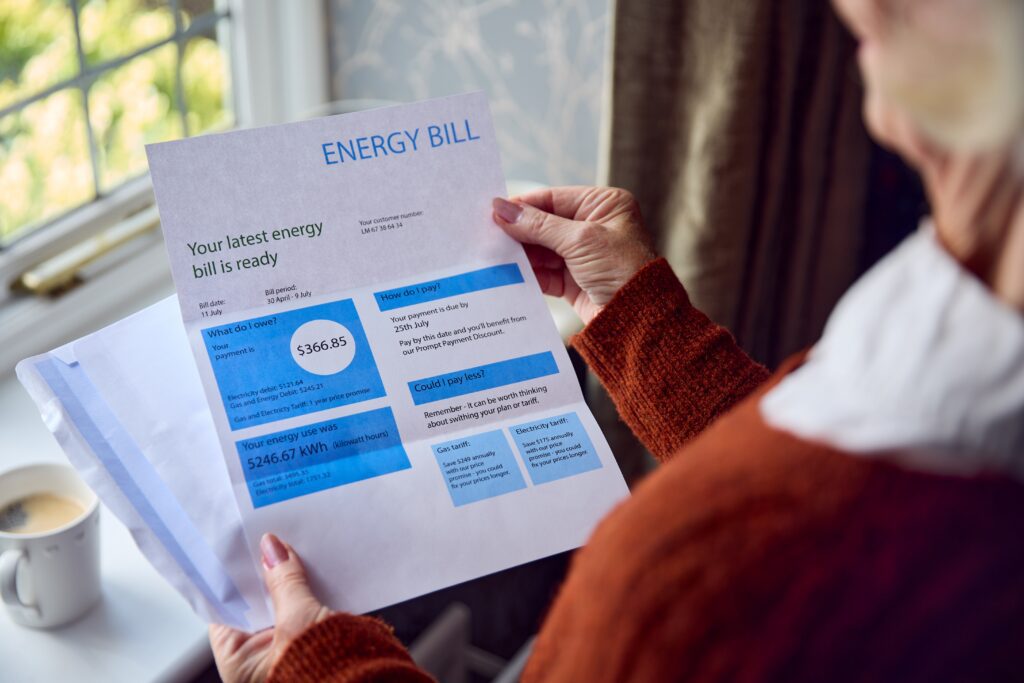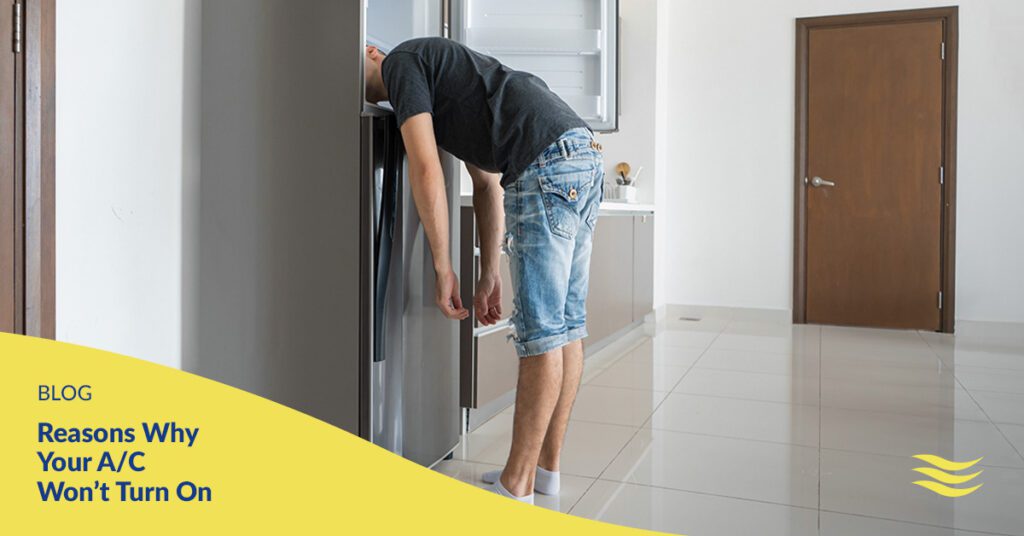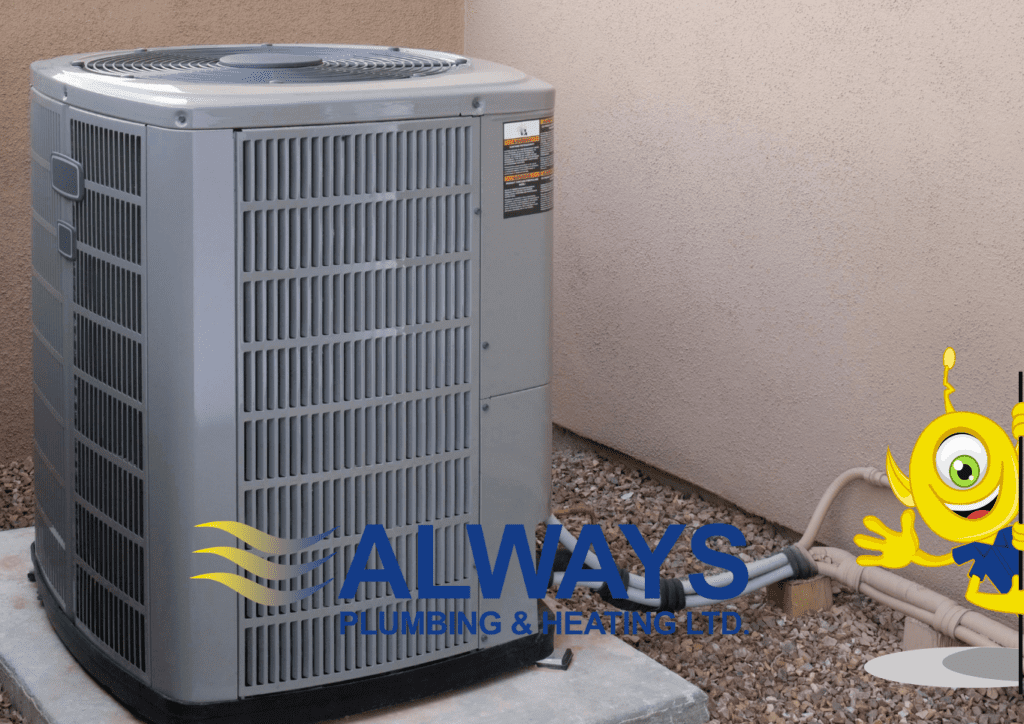Air Conditioning, Energy Efficiency
How To Lower Your Energy Bills - As our summer’s heat continues to become more intense, many of us rely on air conditioners to keep our homes cool...

How To Lower Your Energy Bills - As our summer’s heat continues to become more intense, many of us rely on air conditioners to keep our homes cool and comfortable. However, running an air conditioner continuously can lead to a significant increase in energy consumption and, subsequently, higher utility bills. In this article, we will explore various strategies and tips to show you how to lower your energy bills while still enjoying the benefits of your air conditioner during the summer months.
How To Lower Your Energy Bills - Understanding Energy Consumption and Air Conditioning
How To Lower Your Energy Bills - Air conditioners are notorious for consuming a substantial amount of energy. To effectively reduce your energy bill, it's essential to understand how air conditioning systems operate and where energy is being consumed. Air conditioners work by removing heat and moisture from indoor air and replacing it with cool air. This process requires energy to operate the compressor, fans, and other components.
Optimal Temperature Settings for Energy Efficiency
One of the simplest ways to save energy while using your air conditioner is to set the thermostat at an optimal temperature. Aim for a temperature that is comfortable but not excessively cool. Every degree increase can result in significant energy savings. Setting your thermostat to 78 degrees Fahrenheit (25.5 degrees Celsius) is generally recommended for energy efficiency without compromising comfort.
When you're away from home or during nighttime, adjusting the temperature can further optimize energy efficiency. The Department of Energy suggests raising the thermostat by 7 to 10 degrees Fahrenheit (4 to 6 degrees Celsius) for eight hours a day to save on cooling costs. By doing so, you can avoid wasting energy on cooling an unoccupied or sleeping space.
Utilizing Smart Thermostats to Save Energy
Smart thermostats offer advanced features that can further optimize energy usage. These devices learn your schedule and preferences and adjust the temperature accordingly. They can also be controlled remotely through mobile apps, allowing you to make changes even when you're away from home. By utilizing a smart thermostat, you can maximize energy savings by customizing temperature settings based on your specific needs.
For example, you can program your thermostat to automatically raise the temperature when you leave for work and lower it shortly before you return home. Smart thermostats can even learn your habits and adjust temperatures accordingly, providing optimal comfort and energy savings.
Effective Insulation for Cooling Efficiency
Proper insulation is crucial for maintaining a cool indoor environment. Insulating your home effectively minimizes heat transfer and helps keep the cool air trapped indoors. Make sure that your walls, attic, and windows are well-insulated to prevent hot air from entering and cold air from escaping. This can significantly reduce the workload on your air conditioner and result in substantial energy savings.
Using Fans to Supplement Air Conditioning
House fans work by moving air throughout your home, promoting better airflow and ventilation. They create a breeze that helps evaporate moisture from your skin, making you feel cooler. House fans do not actually lower the temperature of the room, but they provide a perceived cooling effect through increased air movement.
Best places to put house fans:
- Bedrooms
- Home Office
- Livingroom
- Kitchen
- Basements
- Hallways and Stairwells:
Fans can be used in conjunction with air conditioners to enhance cooling efficiency. Ceiling fans or portable fans create a wind-chill effect that makes you feel cooler without lowering the temperature of the room. By using fans, you can set your air conditioner to a slightly higher temperature while still enjoying a comfortable environment. This approach reduces the workload on your air conditioner and lowers energy consumption.
Reducing Heat Gain with Window Coverings
Windows are a significant source of heat gain during the summer months. To minimize heat transfer, consider using window coverings such as blinds, curtains, or shades. These coverings can block sunlight and prevent heat from entering your home. Opt for light-colored or reflective materials to deflect heat effectively. By reducing heat gain through windows, you can reduce the reliance on your air conditioner and save energy.
Maintenance and Regular Servicing of Air Conditioners
Regular maintenance and servicing of your air conditioner are essential for optimal performance and energy efficiency. Ensure that your air conditioner is clean, and the filters are regularly replaced or cleaned. Clogged filters restrict airflow, forcing the system to work harder and consume more energy. Additionally, schedule professional maintenance annually to identify any issues and ensure that your air conditioner operates at its best.
Energy-Efficient Cooling Options
Consider investing in energy-efficient cooling options to reduce your energy consumption. Energy Star-certified air conditioners are designed to consume less energy while delivering excellent cooling performance. These units are more efficient and can help you save on your energy bills in the long run. When purchasing a new air conditioner, look for the Energy Star label and choose a model with the appropriate cooling capacity for your space.
Landscaping for Shade and Cooling Benefits
Strategic landscaping can significantly impact your home's cooling efficiency. Planting trees or shrubs strategically around your home can provide shade and reduce the amount of direct sunlight that enters your living spaces. The shade from trees can help keep your home cooler and reduce the reliance on your air conditioner. Additionally, well-placed vegetation can promote natural airflow and ventilation, further enhancing the cooling effect.
The Importance of Energy Audit
An energy audit can help you identify areas of improvement in your home's energy usage. Consider scheduling an energy audit to assess your home's energy efficiency. Professional auditors can identify energy leaks, insulation issues, and other factors that contribute to energy wastage. By addressing these problems, you can optimize your home's energy performance and reduce your energy bills.
Efficient Use of Appliances and Lighting
Appliances and lighting contribute to heat gain in your home. During the summer months, use energy-efficient appliances that generate less heat. LED light bulbs produce less heat compared to traditional incandescent bulbs and are more energy-efficient. Additionally, limit the use of heat-generating appliances during the hottest parts of the day to minimize the strain on your air conditioner.
Unplugging Electronics and Power Strips
Electronics and appliances continue to draw power even when they're turned off. This is known as standby power or vampire power. Unplugging electronics or using power strips with built-in switches can help eliminate this wasted energy. By reducing standby power, you can lower your overall energy consumption and contribute to energy savings.
Taking Advantage of Off-Peak Energy Rates
Some utility companies offer off-peak energy rates during specific hours of the day when the demand for electricity is lower. Take advantage of these lower rates by scheduling energy-intensive tasks such as laundry or dishwashing during off-peak hours. By optimizing your energy usage and shifting high-energy tasks to off-peak periods, you can reduce your energy bill.
How To Lower Your Energy Bills - FAQs
Will raising the temperature on my thermostat save a significant amount of energy?
Raising the temperature on your thermostat by just a few degrees can make a noticeable difference in energy consumption. Every degree increase can lead to energy savings of around 3% to 5%. By setting your thermostat to an optimal temperature, you can reduce your energy bill while maintaining a comfortable indoor environment.
Can using fans instead of air conditioning help lower your energy bills?
Yes, using fans instead of air conditioning will lower your costs, but they do not cool the rooms like an air conditioner. You may be sacrificing comfort to save money. However, using fans with air conditioning can help lower energy costs, while keeping you cool & comfortable.
Fans create a wind-chill effect that makes you feel cooler without significantly lowering the temperature. By using fans, you can set your air conditioner to a higher temperature, reducing its workload and saving energy.
Are smart thermostats worth the investment?
Smart thermostats offer advanced features that optimize energy usage and provide convenience. While they may have a higher upfront cost, smart thermostats can lead to long-term energy savings. They learn your preferences, adjust temperature settings automatically, and can be controlled remotely, allowing you to maximize energy efficiency and save on your energy bills.
How can landscaping help in lowering your energy bills?
Strategic landscaping, such as planting trees for shade, can significantly reduce energy consumption. Trees provide natural shade and can block direct sunlight from entering your home, keeping it cooler. Additionally, well-placed vegetation can promote airflow and ventilation, further enhancing the cooling effect.
What is an energy audit, and why is it important?
An energy audit is a professional assessment of your home's energy efficiency. It identifies areas where energy is being wasted and provides recommendations for improvement. An energy audit can help you understand your energy usage, and identify energy leaks, insulation issues, and other factors that contribute to high energy consumption. By addressing these issues, you can optimize your home's energy performance and reduce your energy bills.
Keeping your home cool during the summer doesn't have to lead to sky-high energy bills. By implementing the strategies outlined in this article, you can enjoy the benefits of your air conditioner while reducing your energy consumption and lowering your utility costs. Remember to set your thermostat at an optimal temperature, utilize smart thermostats, enhance insulation, use fans, and reduce heat gain through window coverings.
Not sure if your AC Unit is working properly, call the experts at Always Plumbing & Heating today and book your AC Tune-Up. To increase your savings, you can always join our Diamond Club to enjoy both AC and furnace maintenance every year, as well as additional discounts on service calls, new appliances, and installations. Contact us today by calling 780-489-8118 or by submitting the contact form.




